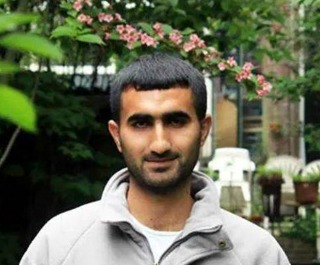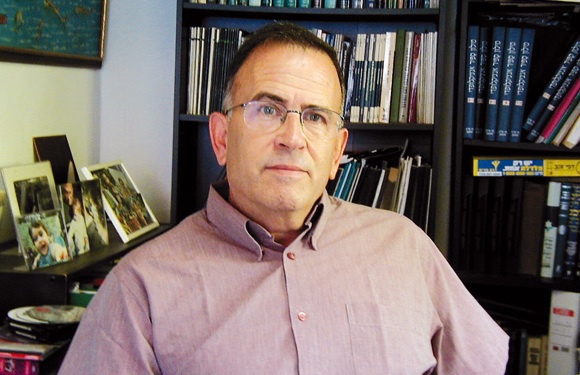 by Hamze Awawdeh, APN Summer Intern
by Hamze Awawdeh, APN Summer Intern
On the eve of the holy month of Ramadan this year, excitement, spirituality and happiness are conflicting with
fear, sadness and desperation over last week’s incidents in the West Bank: the kidnapping of the three Israeli
teenagers and the killing of five young Palestinians.
For me, however, this year’s Ramadan experience is very special. I am spending this month in Washington DC, far
from my family in the West Bank town of Doura, near Hebron, and far from the quick escalation on the ground.
Moreover, I am working for Americans for Peace Now, the Jewish pro-Israel, pro-peace organization that is lobbying
for a peaceful resolution to the Israeli-Palestinian conflict based on a two-state solution.



 Please join us for a briefing call with Israeli strategic affairs expert Yossi Alpher on Thursday,
July 3rd at 2:00 PM Eastern Time to analyze the security and political situation following the murder
of the three Yeshiva students in the West Bank.
Please join us for a briefing call with Israeli strategic affairs expert Yossi Alpher on Thursday,
July 3rd at 2:00 PM Eastern Time to analyze the security and political situation following the murder
of the three Yeshiva students in the West Bank.

 by Hamze Awawdeh, APN Summer Intern
by Hamze Awawdeh, APN Summer Intern